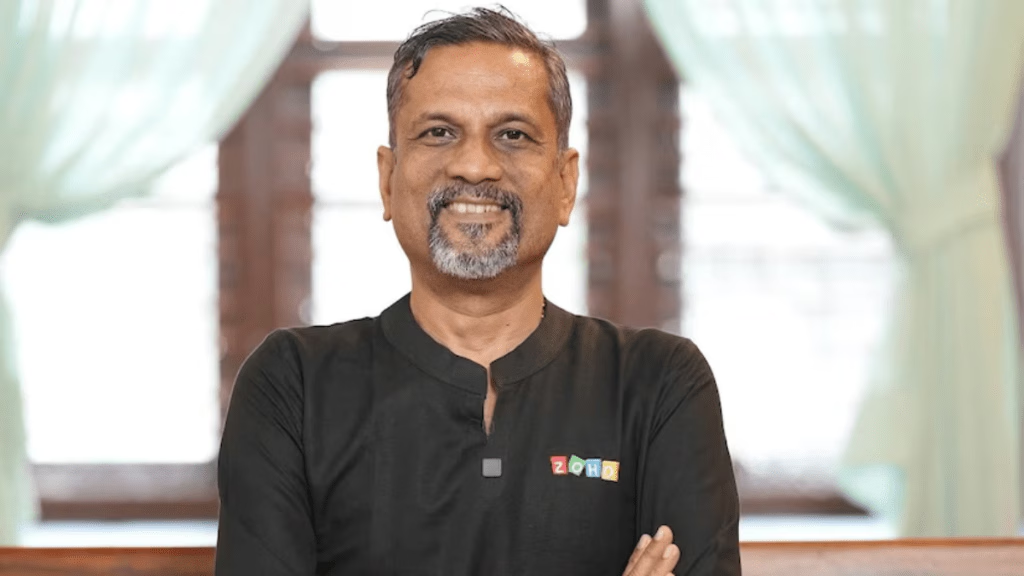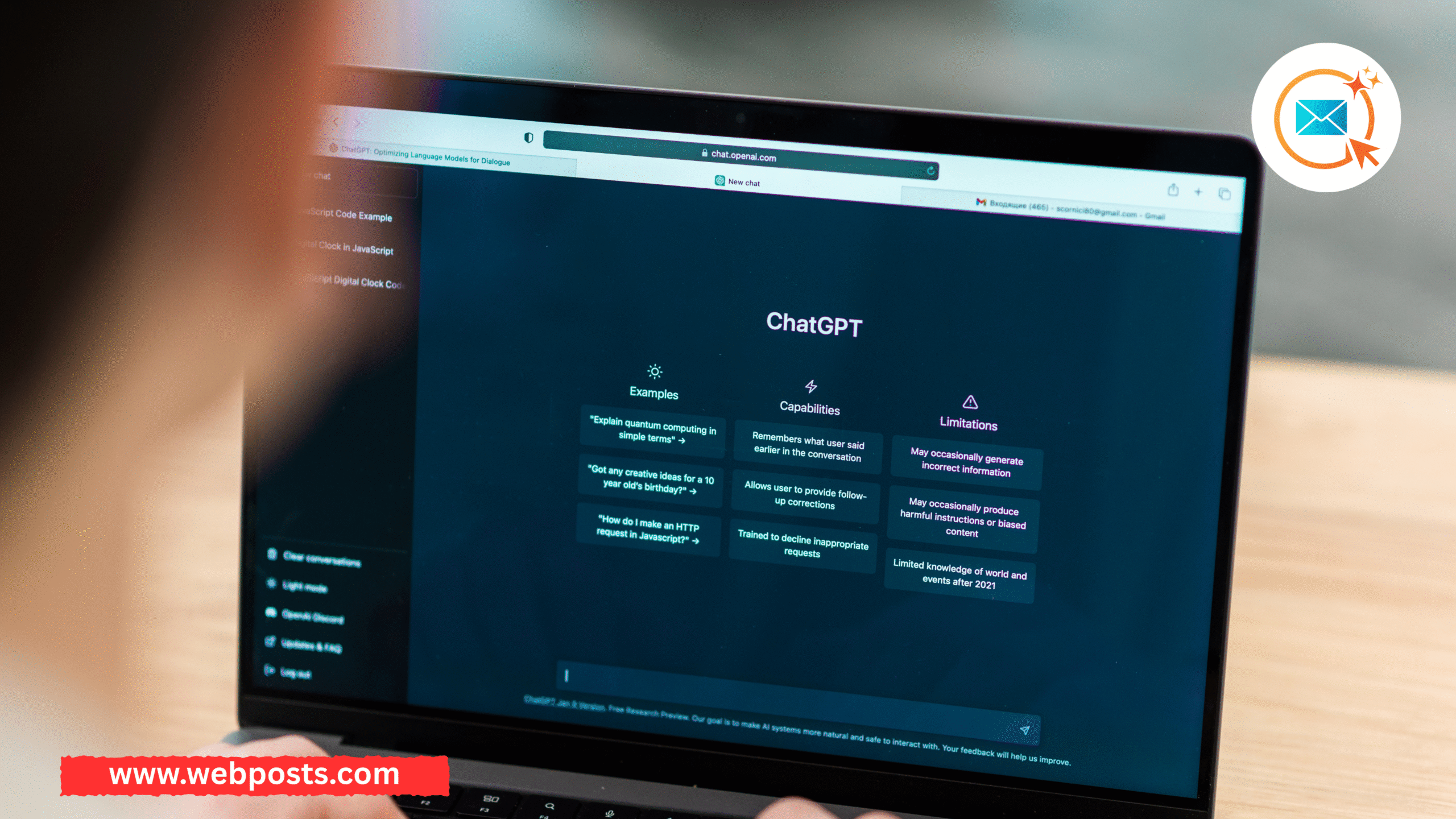Sridhar Vembu is different from other startup success stories that are often linked to Silicon Valley, venture capital, and flashy headquarters. The billionaire who started Zoho Corporation and came up with Arattai, a messaging app made in India WhatsApp alternative, has shown that new ideas can come from the heart of rural India. His story isn’t just about building a huge tech company; it’s also about changing what it means to be an entrepreneur.
An Unusual Journey from Princeton to Rural Tamil Nadu
There was no way to know what Sridhar Vembu would do next. He went to Princeton and then started working in Silicon Valley, where he was surrounded by the smartest people and the best tech opportunities. But instead of going after the traditional dream, Vembu made a brave choice: he quit his high-paying job in the U.S. and went back to India’s villages with a strange idea: to make world-class technology in non-urban India.
He moved to a village in Tamil Nadu in the early 2000s and started building what would later become Zoho Corporation, a well-known SaaS (Software as a Service) company.
Bootstrapped Despite the Odds
Zoho is a bootstrapped company, which is different from most startups that get money from venture capital. This means that it grew without any outside money, which is an amazing thing to do in an industry where getting millions is often seen as the only way to move forward. Vembu stayed independent and built Zoho on long-term principles instead of short-term valuations by relying on revenue instead of investors.
Initially called AdventNet Inc., the business subsequently changed its name to Zoho and started providing cloud-based business solutions. Over 100 million users across more than 180 countries are powered by what began as a small office with a few employees. One of the few private tech firms that currently faces off against multinational behemoths like Google and Microsoft is Zoho.
A New Way to Grow: Empowering Talent in Rural Areas
Not only is Sridhar Vembu’s story amazing because of Zoho’s growth, but also because of how it grew. Vembu didn’t just hire top engineers from IITs or other top colleges; he also looked for people in small towns and villages. He started Zoho Schools of Learning, where young people from rural areas who didn’t have formal degrees learned how to make software. A lot of them became skilled workers at Zoho.
This “rural-first” approach showed that talent isn’t limited to certain areas. It also gave thousands of young Indians chances they might not have had otherwise.

Introducing Arattai: An Indian-made alternative to WhatsApp
Sridhar Vembu also introduced Arattai, a messaging app that he says is India’s answer to WhatsApp. This app is part of Zoho’s suite of more than 50 cloud products. The Tamil word for “chat” is “Arattai.” The app was made with privacy and ease of use in mind.
WhatsApp is the most popular messaging app in the world, but people are interested in Indian alternatives because of worries about data privacy and reliance on apps owned by other countries. Arattai is a ” made in India WhatsApp alternative, ” solution that stands for digital self-reliance. It is based on the same values that helped Zoho grow: independence, innovation, and growth driven by the community.
Fame around the world, roots in the area
Businesses of all sizes, from small startups to Fortune 500 companies, use Zoho today. Still, Sridhar Vembu spends a lot of time in Tenkasi, Tamil Nadu, where he works with his employees in a rural area. He doesn’t like luxury like many billionaires do; instead, he likes simple things and direct contact with local communities.
His journey is inspiring not just for entrepreneurs, but for anyone who is questioning the way things are. This is because he has a global reach and a local grounding.
What we can learn from Sridhar Vembu’s journey
- Bootstrapping is feasible: Building a global business does not require venture capital funding. Pay attention to long-term goals, value, and revenue.
- Everyone has talent; degrees don’t define ability; anyone can contribute with the correct instruction.
- Think global, stay local: Zoho has continued to compete globally despite building from villages.
- Independence is important. By remaining private, Zoho is able to prioritize its users over pressure from shareholders.
- Innovation is cultural: Arattai demonstrates that India can produce top-notch substitutes for multinational behemoths.
Why Sridhar Vembu’s Story Is Important Now
Vembu’s way of thinking is refreshing in a time when startups are trying to become “unicorns” and wasting investors’ money. He has shown that being an entrepreneur doesn’t always mean getting a billion-dollar valuation at all costs.
His story is a reminder to young Indian business owners that great companies can be built anywhere, even in the most unlikely places.
Final Words
Sridhar Vembu’s life and work show that where you live, how much money you have, or what you think is typical don’t stop you from being creative. His path shows strength, independence, and vision, from developing Zoho into a global SaaS company to making Arattai, India’s own messaging app.
As India moves toward a more digital future, Vembu’s narrative tells us a future where people can rely on themselves, rural areas can get stronger, and new ideas can come together. If you want to develop anything important, you should listen to him. You don’t have to follow the crowd; you can go your own route from where you are.
Explore more interesting and insightful reads on Webposts.






